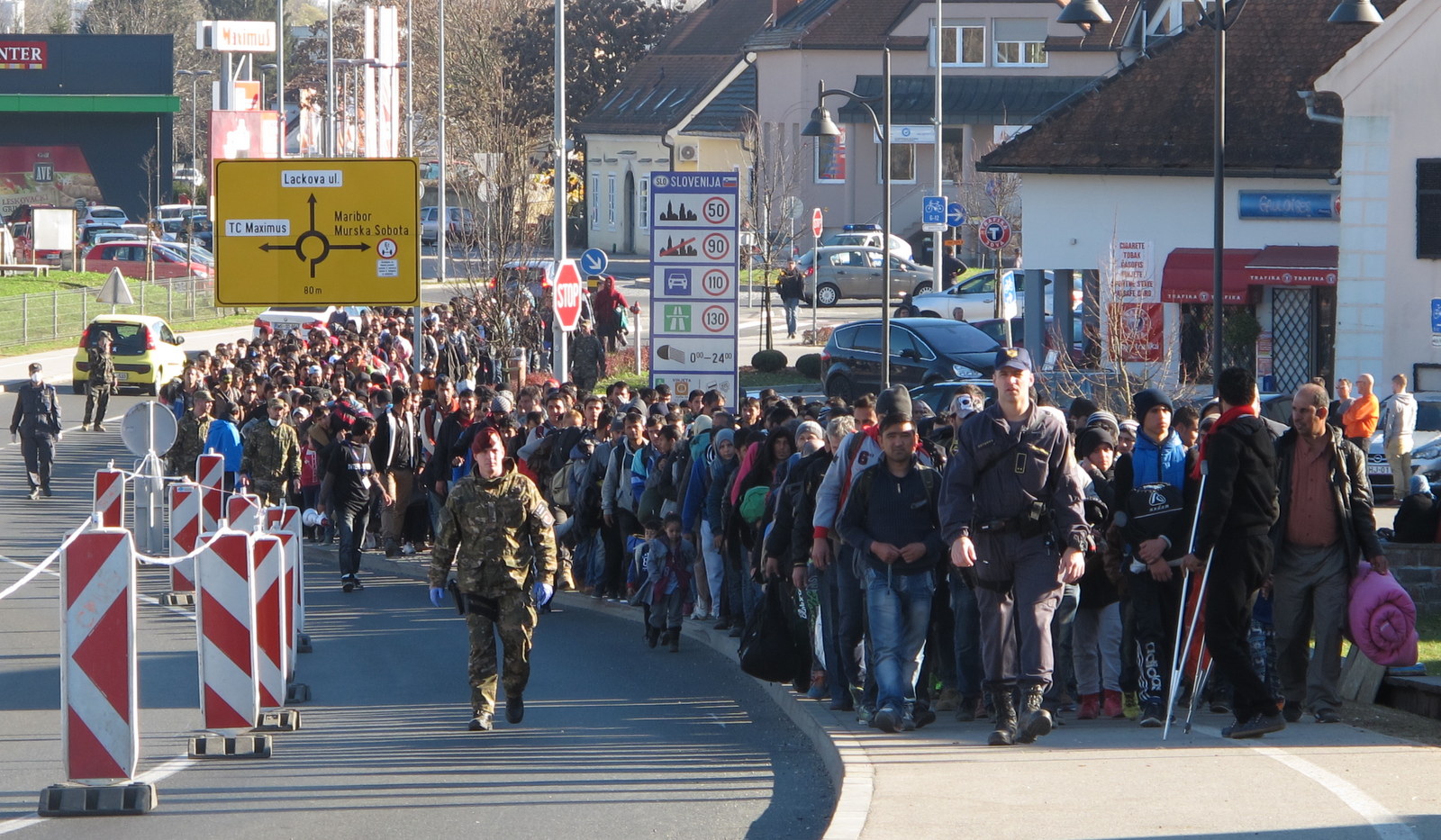Then yolu are wilfully ignoring paragraph 2 of Article 31 of the UNHCRNo its based on my Legal expertise. Go study law as I did, rather than interpreting things without any knowledge.
2. The Contracting States shall not apply to the movements of such refugees restrictions other than those which are necessary and such restrictions shall only be applied until their status in the country is regularized or they obtain admission into another country. The Contracting States shall allow such refugees a reasonable period and all the necessary facilities to obtain admission into another country.
See above, which specifically allows refugees to transit through one or more countries to seek asylum in a country of their choice.An Asylum seeker is a person who has presented themselves to the authorities in accordance with the convention and local laws, in order to seek asylum. Until that point they are likely to be an illegal immigrant if they broke immigration law to get where they currently reside.
Your argument defies logic.
Suppose a gay person was fleeing Saudi Arabia, and arrives in Qatar, or Sudan, or any of the surrounding countries. How could they expect to claim asylum?
Sigh,One last time.
- Article 31 of the 1951 Convention relating to the Status of Refugees provides as follows:
1. The Contracting States shall not impose penalties, on account of their illegal entry or presence, on refugees who, coming directly from a territory where their life or freedom was threatened in the sense of Article 1, enter or are present in their territory without authorization, provided they present themselves without delay to the authorities and show good cause for their illegal entry or presence.
Paragraph 2.:
If you need help in understanding it, do let me know.2. The Contracting States shall not apply to the movements of such refugees restrictions other than those which are necessary and such restrictions shall only be applied until their status in the country is regularized or they obtain admission into another country. The Contracting States shall allow such refugees a reasonable period and all the necessary facilities to obtain admission into another country.
This suggests that France is not legally allowed to interfere with the transit of refugees through France.
Don't stand too near to that bonfire of your arguments.





